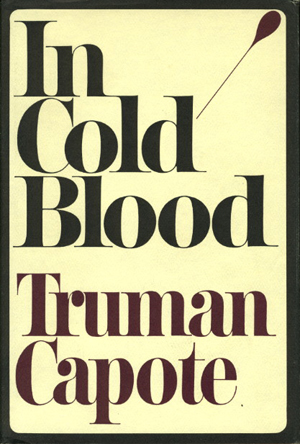November 2015
Liz Cone
The great existentialist philosopher Albert Camus observed that “the purpose of a writer is to keep civilization from destroying itself.” Helping to secure the bulwarks of culture and society for future generations, Dr. Elizabeth Cone has dedicated her life to language, writing and rhetoric. Liz has been a member of the Ammerman English department since 1999 and teaches composition, technical writing, autobiographical writing and journalism courses. She has served in many leadership positions at SCCC including secretary of the Faculty Association, assistant academic chair of the English department and writing center coordinator. All of these roles demonstrate her passion for and commitment to the written word, whether it be fiction, personal, professional, or expository communication. Liz received an MA in composition from Illinois State University and an Ed.D. in College Teaching of English from Teachers College at Columbia University. Liz’s love of the arts and for travel have had a tremendous impact on her own education and her approach to teaching as well, as she has sojourned across the US and Europe seeking experiences and diverse cultural artistic expressions that can be transferred into her classroom. From photography to literary journalism, Liz’s life and pedagogy is suffused with creativity. Liz likes to talk about what happens at those hazy boundaries, the spaces between genres where truth leaks through. Although she is extremely self-deprecating in terms of the responses she has received from her students (a popular question posed to her in writing courses is “Why is there so much writing in this course?”), Liz’s students have written for the SCCC student newspaper The Compass and the Ammerman journalism students’ blog The College Reporter, practicing those skills that Liz helps to hone in her writing classes. Liz’s pedagogy focuses on funneling the imaginative into the practical. Connected with this sense of agency, Liz values the FA’s commitment to academic freedom, to job security and to income equity. Liz watched her mother teach in a school without a union for 30 years, suffering in a brutal environment. Looking toward the future, Liz would like to focus more on teaching journalism classes. She was a journalism minor in college and also worked as a writer in politics for about five years, and she feels it’s fun to get back into that kind of writing. Liz would like to try to get SCCC students to be a bit more fired up about politics, democracy and education, and their role in each of these crucial forums. Now that her dissertation is done, she’d like to finally focus on her own writing about teaching, narrative and identity. Liz is also a world traveler, having visited Scotland, France and many other exotic locales, and so she hopes to be able to add to her travel itinerary which will then inform her teaching and writing. Whether it is through her own amazing writing or her committed teaching, Liz Cone is a crucial link in the connection between literacy and egalitarianism. |

